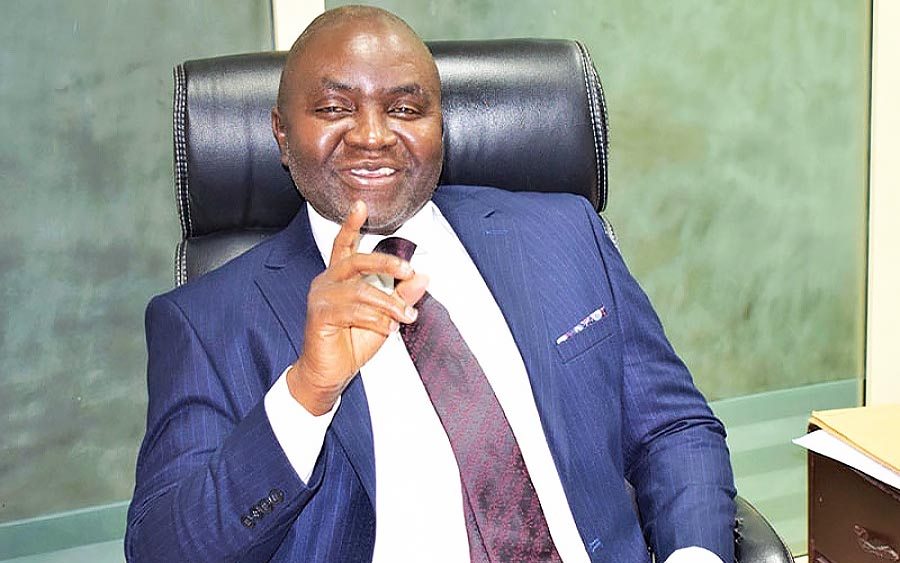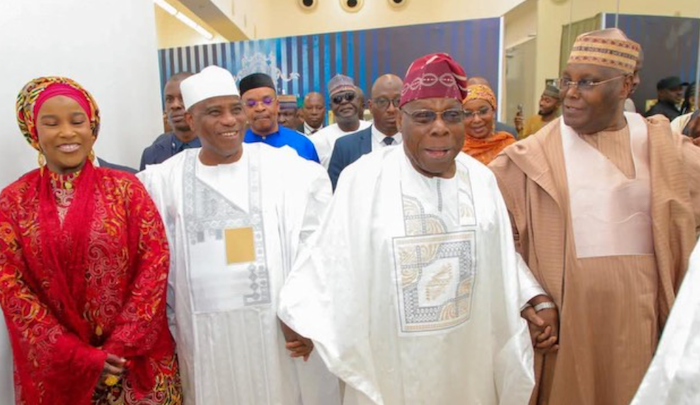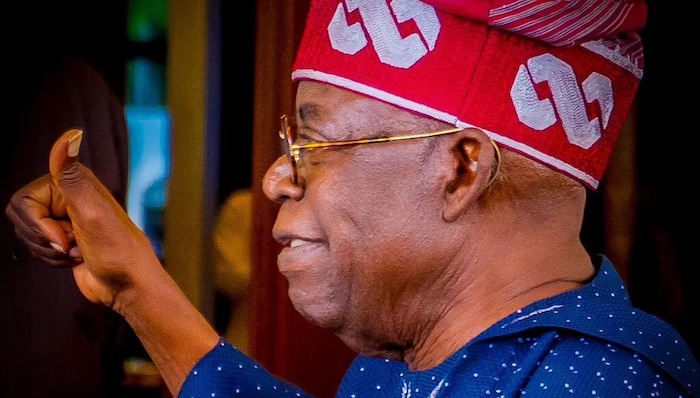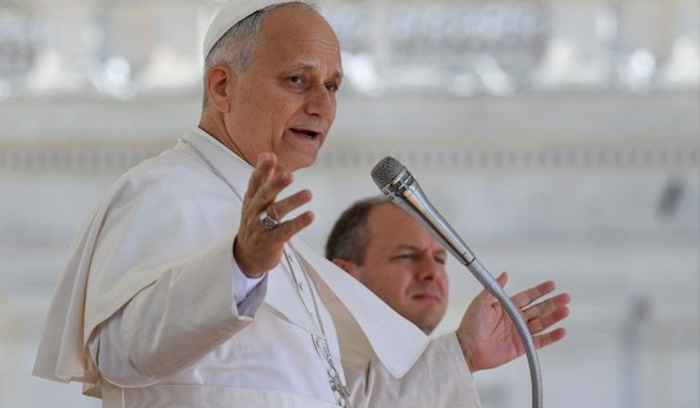
Centre for the Promotion of Private Enterprises (CPPE) has called for the restoration of fiscal federalism in order to awaken subnational competition, as well as drive innovation and inclusive growth.
The call was contained in a press statement captioned, “CPPE Commentary on the Nigerian Economy at 65,” which was signed by Chief Executive Officer of CPPE, Dr. Muda Yusuf.
The statement said the current economic reform agenda was a rare opportunity to reset the economy on a path of stability, competitiveness, and shared prosperity.
Yusuf stated, “At independence, Nigeria’s economy was largely agrarian, productive, and inclusive.
“Governance was decentralised, with regions controlling resources and revenues, which promoted balanced development, accountability, and healthy competition.
“This early experience offers an enduring lesson: decentralisation and local ownership of resources drive innovation and inclusive growth.
“Restoring a more fiscally federal structure could once again foster subnational competitiveness, stimulate innovation, and encourage states and regions to take greater ownership of economic outcomes.”
He said the discovery and commercialisation of crude oil in the late 1960s radically altered Nigeria’s economic and political trajectory and made the economy acutely vulnerable to oil price shock that had continued to destabilise public finances to this day.
Yusuf stated, “The key lesson is clear: resource wealth must be managed prudently and counter cyclically through well-governed stabilisation funds and sovereign wealth investments, while industrialisation must be firmly rooted in domestic value chains rather than external dependence.”
He pointed out that Nigeria had experienced eight recessions since independence (in 1967, 1975, 1978, 1981–1983, 1993, 2016, and 2020) largely triggered by oil price shocks, fiscal mismanagement, or global crises.
According to him, each downturn revealed the same structural fragilities: heavy reliance on oil revenues, weak non-oil exports, and excessive import dependence.
He said, “Building resilience will require export diversification, fiscal discipline, and the creation of credible stabilisation mechanisms to ensure stability of government spending during periods of revenue volatility.
“Cheerfully, recent developments – notably the Dangote Refinery and petrochemical complex and ongoing industry reforms — signal a potential turnaround.
“These efforts, if sustained, could restore value to the sector, enhance energy security, and catalyse new downstream and petrochemical investments.”
Yusuf stated that the deterioration in national security in the past two decades, characterised by insurgency, banditry, kidnapping, ethnic and religious conflicts, farmer-herders’ clashes, and armed robbery, had disrupted agriculture, manufacturing, and mining, and eroded investor confidence.
“Therefore, restoring security is not just a social imperative but an economic one, necessary to rebuild productivity and unlock investment in the real economy,” Yusuf said.
He said despite persisting challenges, Nigeria had achieved notable successes in ICT and telecommunications in a manner that had transformed commerce, banking, and governance.
Yusuf also said the bold economic reforms the government embarked on in the past two years imposed short-term pain, but had started showing early signs of macroeconomic stabilisation.
He advised the government to complement its reforms with targeted social protection programmes, such as cash transfers, food security interventions, and job-creation initiatives in order to shield vulnerable households and maintain public support.
He said, “Nigeria’s economic history at 65 is one of resilience, missed opportunities, and enormous untapped potential.
“The current reform agenda presents a rare opportunity to reset the economy on a path of stability, competitiveness, and shared prosperity.
“Seizing this moment will require consistent policies, institutional strengthening, and a deliberate effort to ensure that economic growth translates into improved living standards for citizens.”
Dike Onwuamaeze



